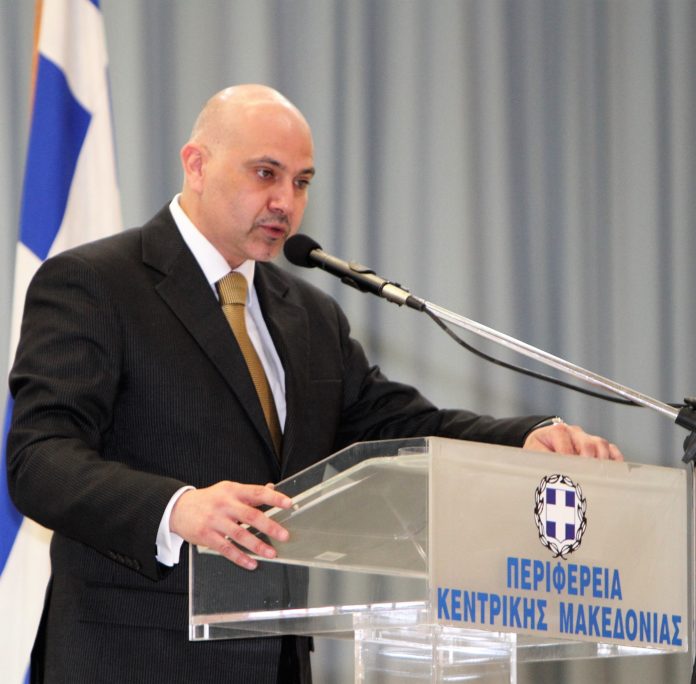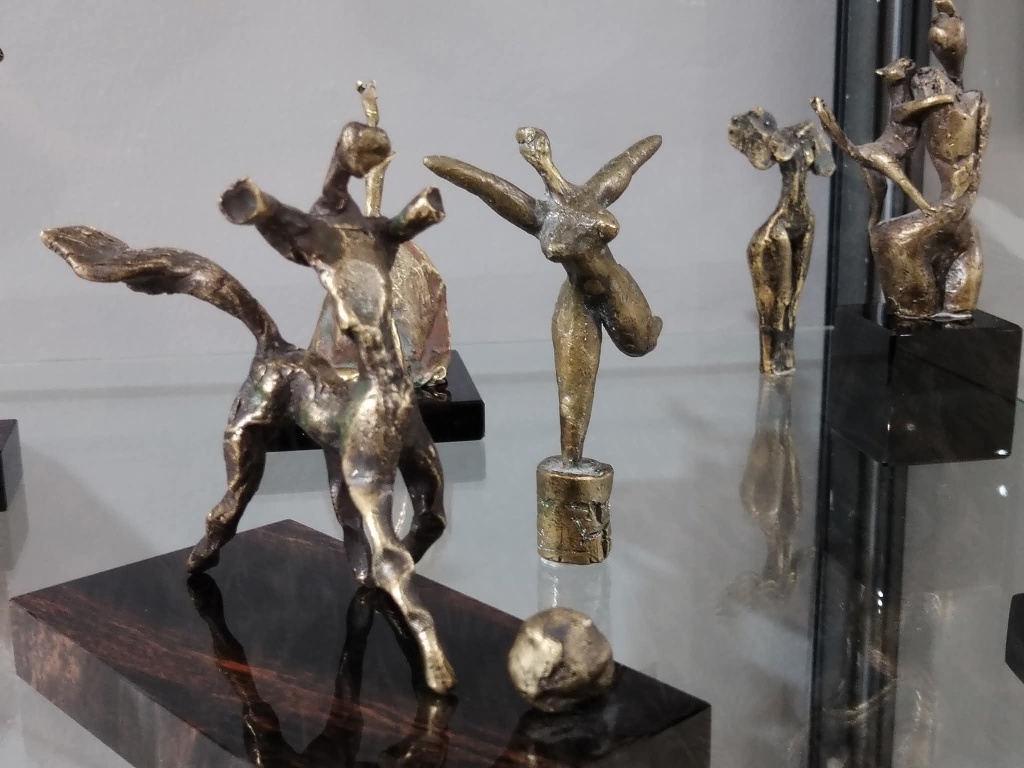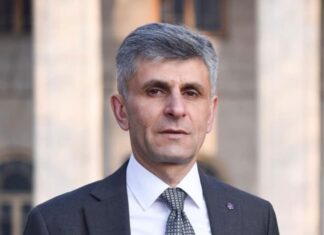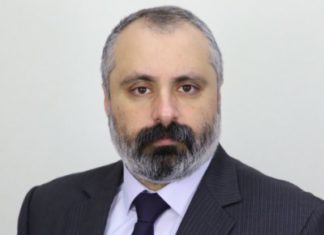YEREVAN / THESSALONIKI — Greek Armenian businessman and researcher Akis (Sarkis) Dagazian is active in Armenian-Greek cooperation. Born in 1975 in Komotini in northeastern Greece, he studied at Panteion University and University of Macedonia. Currently he is a partner at Maron Energy Group, export and marketing director at Dagazian Fine Jewelry as well as chairman of the Hellenic-Armenian Chamber of Commerce and Industry of Greece.
Akis, in an interview you said that Dagazian Fine Jewelry has been manufacturing and wholesaling jewelry since 1957, keeping alive a tradition of almost half a century.
It all started back in 1955 when my late father Takvor Dagazian moved to Thessaloniki from our native Komotini to obtain the centuries old Armenian art of jewelry mastering next to Onnik Hatcherian, the legendary diamond setter of the time. At Mr. Hatcherian’s workshop my father got acquainted with the art of diamond setting and jewelry creation. Armenians living in Northern Greece claim their origin mostly from the Asia Minor region where Armenians, Greeks, Turks and Jews coexisted for centuries. It is this geographical area from where they have brought their techniques and craftsmanship in Greece. They had been working using the style and artistic features of Constantinople and the wider west Asia Minor region.
What makes your family business in the Greek jewelry market unique?
Bearing a name is a heavy responsibility in all fields of society and especially in business. In our case the name “Dagazian” is not just an Armenian surname. It is also a brand name. Being loyal to the legacy of our ancestors we keep a tradition alive by providing high-end jewelry to our customers throughout the country. We have witnessed cases that grandparents, parents and their children, three consequent generations, have bought their wedding jewelry from our stores. Since 1957 this legacy has been continued with the expanding of our company from manufacturing to wholesale, retail as well as exports. We are currently one of the main jewelry suppliers in Greece and we export to 14 countries. Quality, hard work, consistency, transparency, honesty and customer care are the key factors of success in our company. Add the good reputation Armenian jewelers enjoy in Greece for more than a century already in the country and you have the recipe for what makes our business special.
Armenian jewelers were famous in Ottoman Empire. Their traditions are still alive among their heirs in Istanbul and Middle East. What about Greece?








